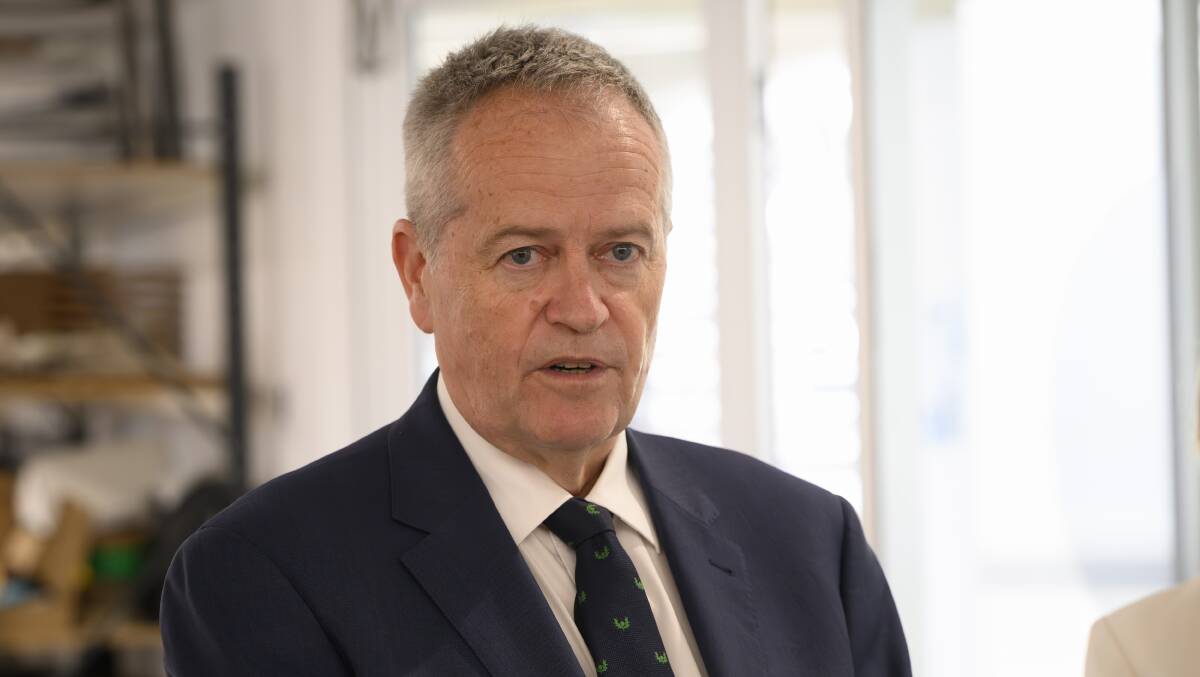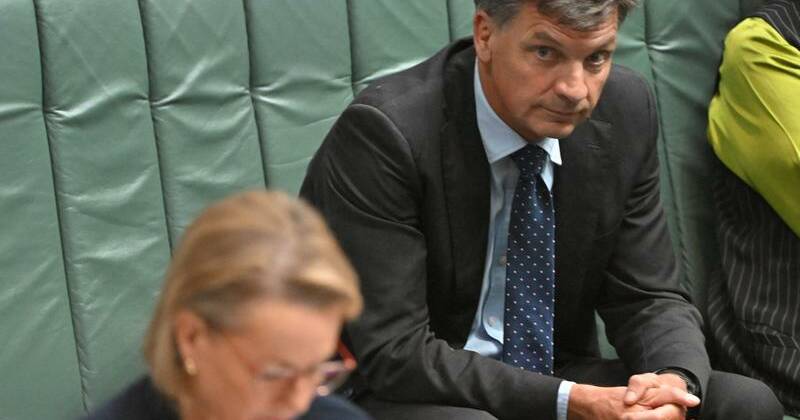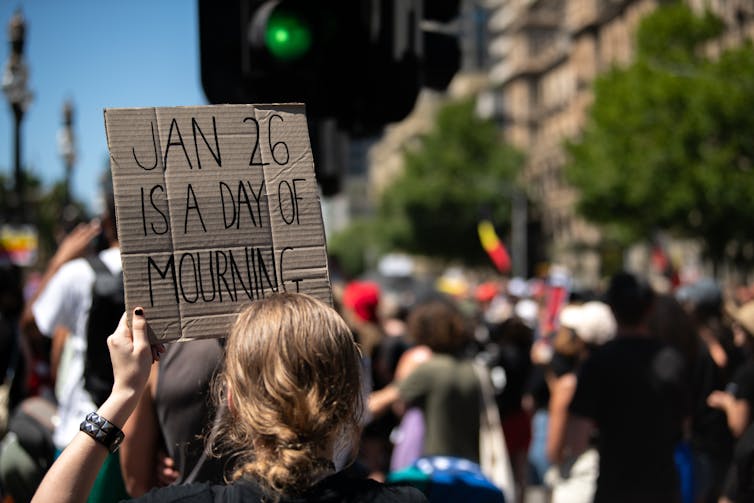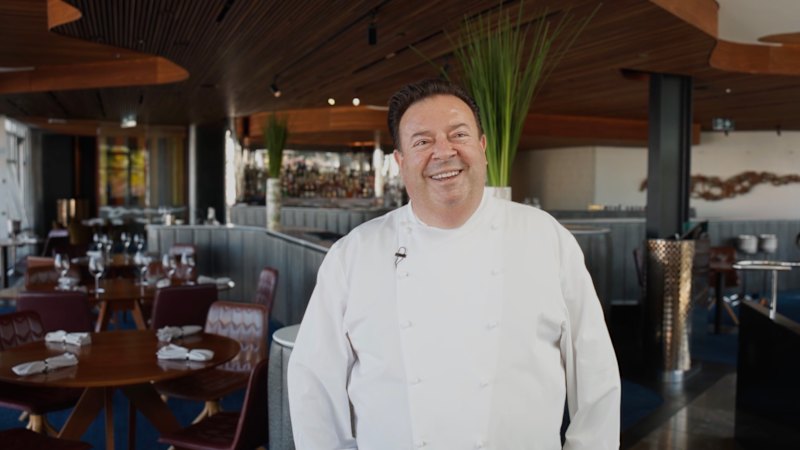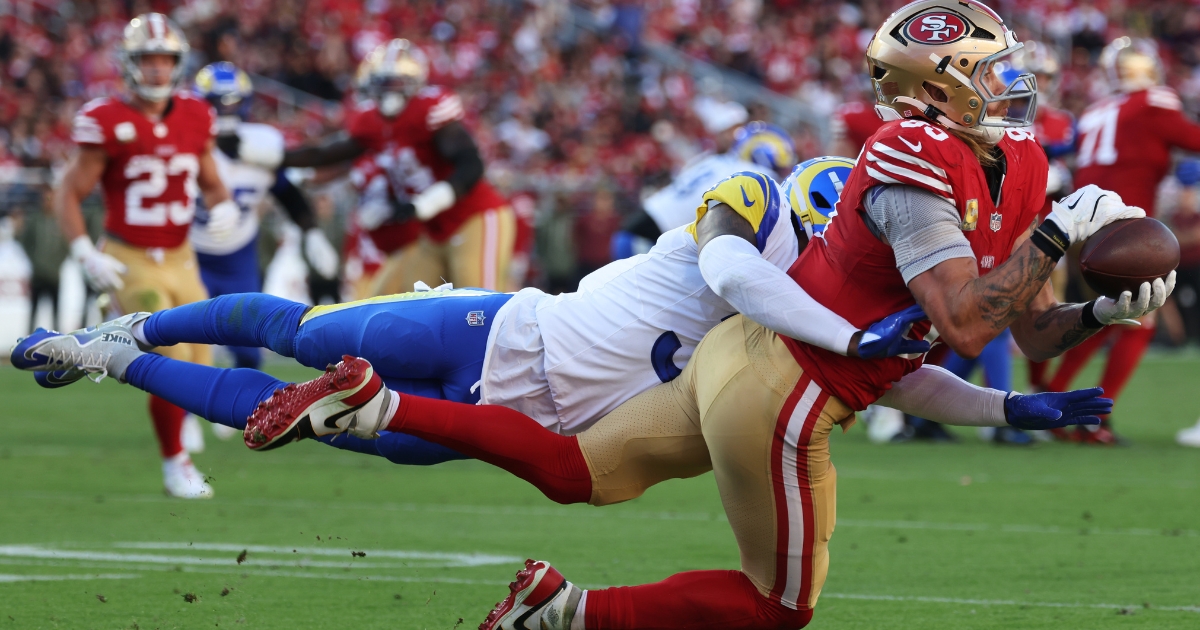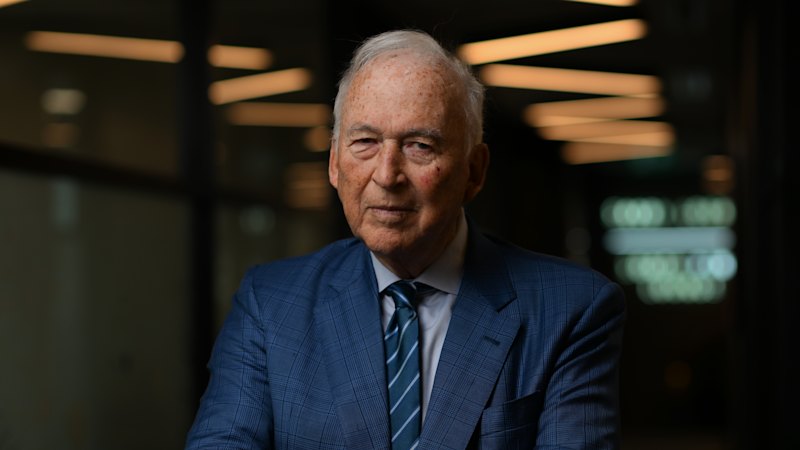
Jack Cowin, the 83-year-old entrepreneur known for his role in shaping Australia’s fast food landscape, has taken the reins of Domino’s Pizza as the company faces significant challenges. Following the recent resignation of global chief executive Mark van Dyck, Cowin now serves as executive chairman, vowing to implement rapid changes to revive the struggling pizza chain.
During a recent investor call, Cowin expressed confidence about Domino’s future, stating, “This company is not in disarray. The future, in my opinion, is bright.” He emphasized the need for swift decision-making, ideally within five minutes, rather than the long-term strategies previously favored by van Dyck, who had been in the position for only seven months. Cowin also criticized the leadership style of van Dyck’s predecessor, Don Meij, who helmed the company for 22 years before stepping down, citing the pressure of the role.
Cowin’s urgency comes at a time when Domino’s is grappling with stagnating sales and a sharp decline in share prices, which fell from a record high of nearly $160 in September 2021 to around $16.96 following van Dyck’s departure. He acknowledged the need to correct a series of missteps that have led to losses in international markets, including France and Japan, which he described as “rogue” expansions under Meij’s leadership.
Challenges Ahead for Domino’s
The challenges facing Domino’s are not new. Analysts have pointed to a gradual erosion of the competitive advantages that once set the pizza chain apart in the fast food industry. Investment in digital platforms, amounting to nearly $23 million in just half a year, has not yielded the anticipated returns. As noted by food industry consultant Suzee Brain, the company’s prior success created “inflated confidence” leading to aggressive expansion during a temporary surge in demand driven by COVID-19 lockdowns.
With pizza sales stalling and profit forecasts downgraded three times within a year, Cowin faces the daunting task of re-establishing Domino’s as a market leader. The competitive landscape has intensified, with brands like Guzman y Gomez and El Jannah attracting younger customers, while American chains such as Five Guys and Wingstop vie for a share of the market. Cowin has made it clear that improving franchisee profitability is a central priority, with weekly store sales currently ranging between $30,000 and $100,000.
Strategic Realignment Required
Cowin’s strategy includes unwinding previous investments that have not performed well, particularly in overseas markets. He has indicated that the company must stop trying to recreate its technological wheel and focus instead on building competitive advantages. This involves not only cutting costs but also improving the quality of the pizza itself, a sentiment echoed by industry analysts who believe that product quality has been overlooked in recent years.
The former CEO Meij attempted to impose a 6 percent delivery fee to offset rising costs related to ingredients, wages, and fuel, but this move backfired, leading to decreased sales. As Cowin asserts, “The business has got to do better. We’re custodians of other people’s money.” He emphasizes the need for immediate growth rather than long-term strategies, underscoring the urgency of the situation.
In light of these developments, recruitment is underway for van Dyck’s replacement, with expectations that the new leader will align closely with Cowin’s vision for rapid change. The task at hand is formidable, with analysts suggesting that it may take up to three years to turn things around. Despite the uncertainties surrounding leadership, some analysts remain optimistic about Domino’s potential for future growth, viewing it as a robust brand capable of recovering with the right strategic direction.
As Cowin embarks on this challenging mission, he aims to restore confidence among shareholders and reposition Domino’s as a leading player in the fast food industry.
